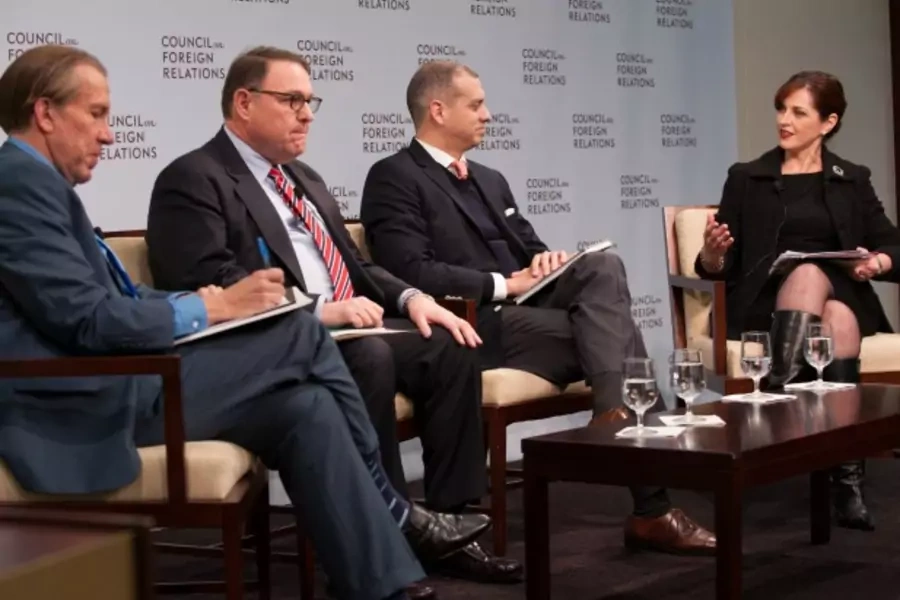How Long Will the Good Feelings Last in Internet Governance Discussions?

More on:
What a difference two years make. In 2012, the World Conference on Information Technology meeting ended with a high degree of acrimony, with the United States and fifty-four others refusing to sign new International Telecommunication Regulations. Press reports focused on what was characterized as an effort by the International Telecommunications Union (ITU) to seize control over the Internet, the beginning of a new digital cold war, or both. By contrast, the 2014 International Telecommunications Union Plenipotentiary Conference in Busan, South Korea, ended this month with very little public attention. The news articles that did come out stressed the much less confrontational environment and described the outcome as "fairly insubstantial." Ambassador Daniel Sepulveda, the head of the U.S. delegation, went so far as to argue that the meeting in Busan represented a three-part consensus on Internet governance: the ITU is critical in expanding connectivity; it cannot do everything and Internet governance should remain outside of the ITU mandate; and there needs to be a continued discussion on cybersecurity, online privacy, surveillance, and other legitimate issues, but in other forums.
So how did this happen? Why didn’t the ITU again become a battlefield between two competing visions of Internet governance, a bottom-up, multistakeholder model that includes organizations representing technical experts, governments, businesses, civil society, and individual users and, on the other side, the more state-centric approach that sees a greater role for multilateral institutions like the ITU? This and the question of what comes next were the topics of a half-day symposium held by CFR’s Digital and Cyberspace Program on November 20. (You can find the agenda and videos here. Transcripts will be posted soon.)
As Andrea Glorioso, European Union information and communications technologies attaché to the United States, pointed out on the first panel, the run up to international meetings often have an “Armageddon”-like quality to them: everyone predicts end-of-the-Internet outcomes, but participants reach consensus once the meeting starts more often than not. The plenipotentiary covered more than just Internet issues, and all involved had incentives to make sure the meeting did not end in rancor. Moreover, there was a great deal of diplomatic work that happened before the meeting. This involved the high-profile decision of the Department of Commerce to stop overseeing the nonprofit Internet Corporation for Assigned Names and Numbers (ICANN) as well as efforts to forge closer cooperation the between the United States and its Latin American partners.
All of this good feeling should not paper over that major differences still exist. As one questioner reminded the panelists, there is still a major philosophical divide in the world over how open the Internet should be. Jeferson Nacif, head for international affairs at the Brazilian Agency of Telecommunications, made the important point that for much of the developing world, the ITU and other multilateral institutions are in fact more legitimate, representative, and accountable than ICANN and other multistakeholder organizations. Moreover, the United States and its allies actually have to begin to deliver on some of the demands of the rest of the world to address concerns about cybersecurity, privacy, and economic development. There has been an explosion of discussion. As Christopher Painter, coordinator at the Office of the Coordinator for Cyber Issues at the U.S. Department of State, put it, "There are so many cyber summits it is like the cyber Alps." But action must soon follow.
There is much happening in the next year, and in particular panelists pointed to the importance of the WSIS+10, the review process for the implementation of the outcomes World Summit on the Information Society (WSIS). Please go read the transcripts or watch the video from the symposium to get a sense of what was accomplished. Hopefully the good feelings will not be fleeting.
More on:
 Online Store
Online Store